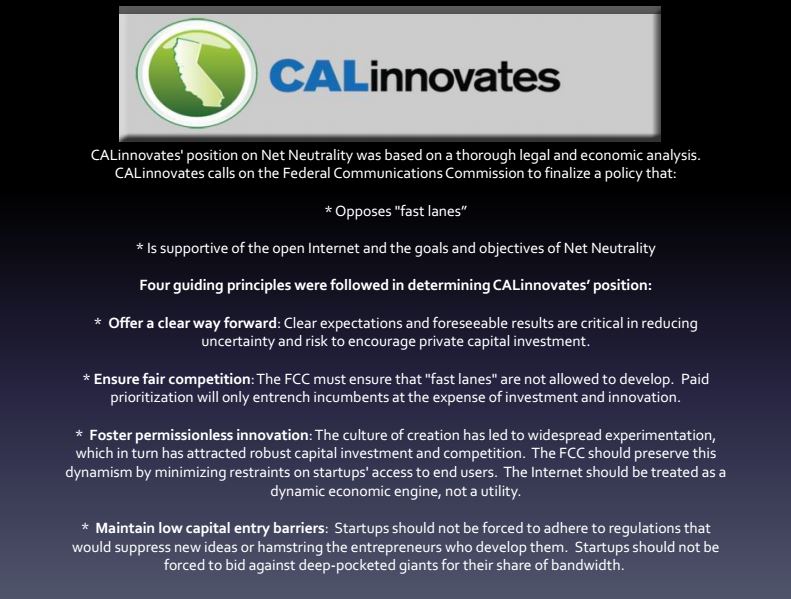Developing countries don’t have the high-tech equipment needed to quickly diagnose the disease, but they do have millions of cellphones. One UCLA professor has a way to turn those phones into diagnostic centers.
There are 6.8 billion cellphone subscriptions in the world. Even when you consider that some people have more than one subscription, that means that an incredibly high percentage of the world’s 7 billion people now have a mobile phone.
Although most of us use our phones for things like texting, taking photos and playing games (in addition to the occasional phone call), there’s a movement out there to harness the power of that giant community of cellphone users to help people living in the poorest countries on Earth.
Dr. Aydogan Ozcan is a member of that movement. The UCLA engineering professor is turning mobile phones into diagnostic centers that can be used thousands of miles away from labs with expensive hospital equipment.
Ozcan has created software and hardware that turn cellphones into microscopes and diagnostic machines. With the addition of a 3D-printed microscope, a field worker in Africa can quickly scan the blood of an HIV patient to see how the virus is reacting to medicine. Workers can take water samples to test for E. coli in a stream or well, and epidemiologists can connect data points to quickly see where diseases are spreading.
Read more on The Huffington Post





